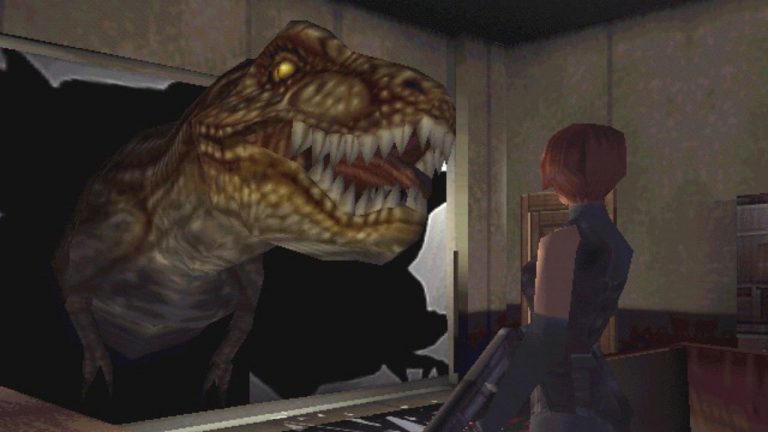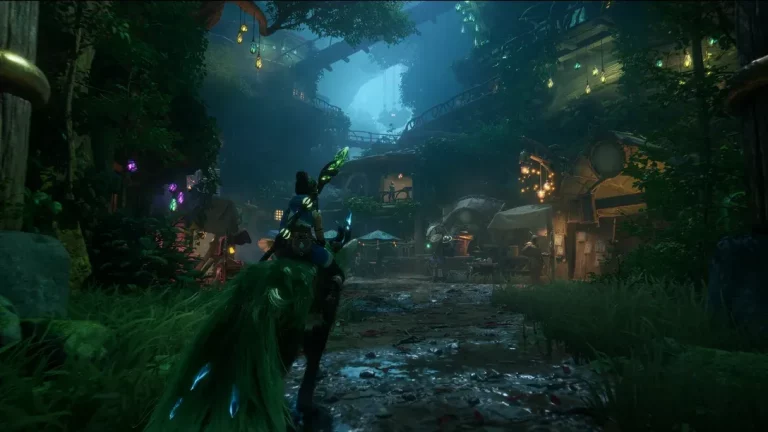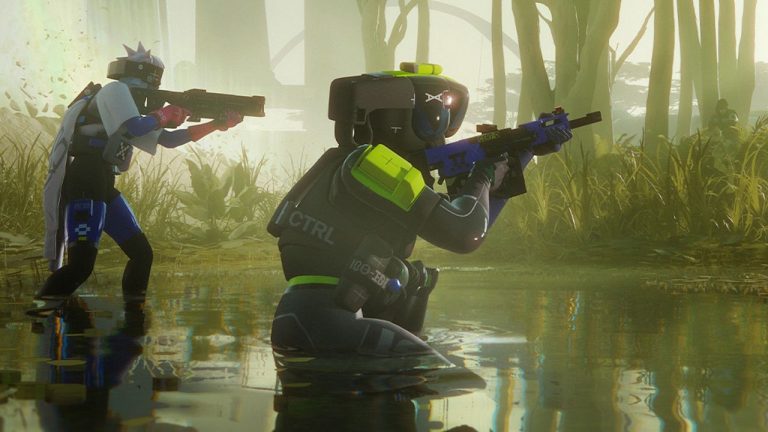If you play a wide range of games, you’ll be familiar with the concept of multiple launchers, clogging up your system tray and segmenting your gaming experience. And if you’re an Nvidia GPU owner, you’ll likely also be familiar with DLSS and all the upscaling benefits it provides—each version of the upscaling tech (usually) better than the last.
However, up until now you’d either have to rely on games updating themselves to the latest DLSS DLL via one of these launchers, or getting down and dirty with the DLL files yourself to ensure you’re using the latest version.
Redditor i-Deco has built a more convenient solution. The DLSS Updater tool enables “pseudo-automatic upgrades” across multiple launchers and games to keep your DLSS version up-to-date, with a one-click update feature to apply the latest version of Nvidia’s tech to all detected games.
The current version of the tool supports games installed via Steam, EA, Ubisoft, Epic Games, GOG, and Battle.net. You’ll have to feed it the install directories for certain launchers, but once you’ve pointed it in the right direction it automatically scans the individual game directories inside to check for outdated DLSS DLLs, before replacing them with the latest version.
Not that swapping in a DLSS file is a particularly arduous task, to be honest. Most of the time it’s as simple as downloading the latest DLL, and manually replacing the one in the root folder of your game directory. However, it can be a bit of an annoyance finding each one of your game folders and version checking, to the point where I’d imagine most people simply wait for an official game update—if one ever comes.
Of course, programs like DLSS Swapper can already drop in the latest version of DLSS, but it still requires you to manually update games individually. Ain’t nobody got time for that, etc, so yay for automation.
DLSS Updater – Your one stop shop tool to updating all the games on your system from r/nvidia
The tool also features a built in whitelisting system to skip unsupported games, or those with different requirements that might not play nicely with the latest DLSS version. As i-Deco points out, the tool shouldn’t draw the ire of anti-cheat software in theory, as the replacement DLL is signed by Nvidia, and they’re currently unaware of any anti-cheat program that checks DLSS versions. Still, treading with caution is advised.
It’s also worth mentioning that we experienced some mixed results in our testing. My RTX 3080-equipped laptop and our Jacob’s desktop ran the program just fine, and it somehow even managed to auto-detect a Blizzard directory without being specifically pointed at it. However, my AMD desktop refused to launch any of the versions of the tool at all, for reasons unknown.
Admittedly it wouldn’t do much good updating DLSS files in an AMD GPU-equipped machine, but I would have thought it would at least run—although there are many reasons why that might not be the case. It also seems to struggle with recognising game directories spread across multiple drives from a single launcher, which is a bit of a shame.
As usual with this sort of thing, your mileage may vary, and the risk here is your own. Still, when it works, it seems to work reasonably well. Open source software can sometimes seem a bit like the wild west, but this tool looks like it’s got the potential to save a fair bit of DLL shuffling for those who like to stay on the cutting edge.












